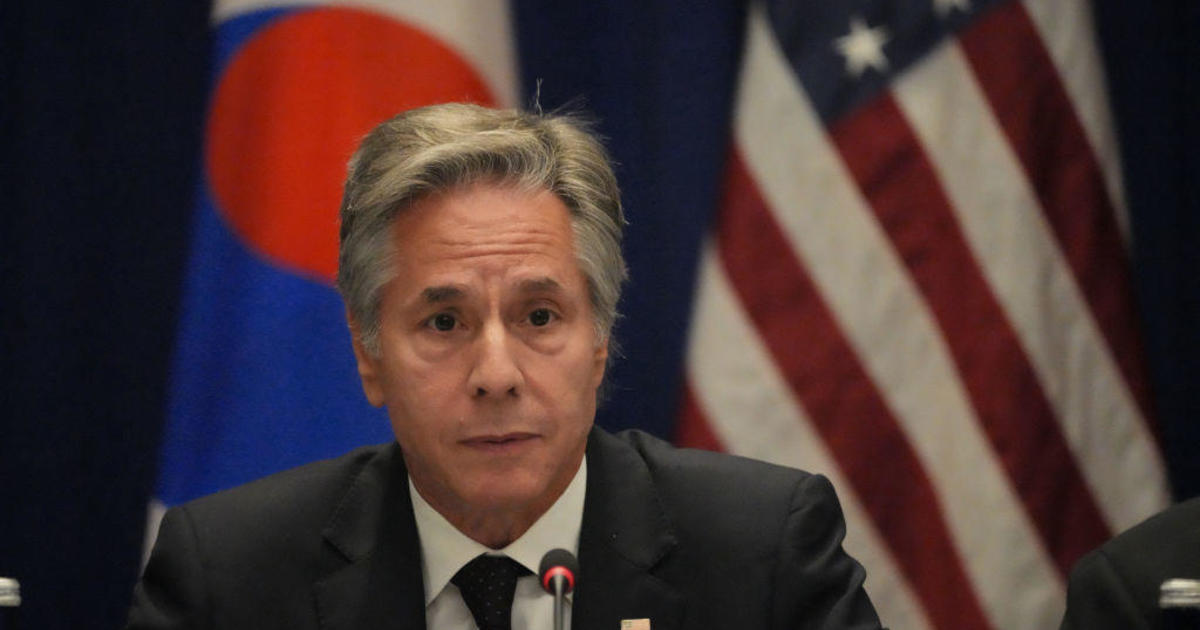The House Foreign Affairs Committee, led by Republicans, is expected to recommend that Secretary of State Antony Blinken be held in contempt of Congress on Tuesday. This recommendation comes amid a standoff over Blinken’s testimony regarding the chaotic U.S. withdrawal from Afghanistan.
Committee Chairman, Rep. Michael McCaul of Texas, issued a subpoena for Blinken earlier this month, demanding his testimony and threatening contempt charges if he did not appear before the panel on September 19. In the subpoena letter, McCaul emphasized the importance of Blinken’s testimony as the committee considers potential legislation to prevent the mistakes made during the withdrawal.
The State Department proposed alternative dates for Blinken’s testimony, citing his travel overseas to work on securing a cease-fire deal between Israel and Hamas. The Department also offered to have Deputy Secretary of State Kurt Campbell appear before the committee if the panel was insistent on the original date.
State Department spokesperson Matthew Miller expressed confusion over the committee’s decision to pursue contempt charges, calling it unnecessary and unproductive. Miller highlighted Blinken’s previous appearances before Congress, including four times before McCaul’s committee, where he answered questions about Afghanistan.
In response, Committee spokesperson Emily Cassil accused the State Department of engaging in obfuscation and avoidance tactics. McCaul postponed the panel’s meeting by five days and issued another subpoena for Blinken to appear then.
If Blinken fails to appear, the committee plans to proceed with a full committee markup of a report recommending the House of Representatives find Blinken in contempt of Congress. Despite being in the U.S., Blinken is attending the United Nations General Assembly in New York City and meeting with world leaders.
Miller criticized the committee for unilaterally selecting a date without considering Blinken’s schedule, questioning their intentions. With Congress scheduled to be in recess through October starting next week, there are limited opportunities for Blinken to testify unless committee members return to Washington during the break.
Even if the contempt measure advances out of the committee, the full House would need to vote to refer it to the Justice Department for prosecution. However, it is unlikely that Blinken would be prosecuted by the Biden administration.
The committee’s Republican majority released a report earlier this month detailing their investigation into the U.S. withdrawal from Afghanistan in 2021. The report accused the Biden administration of misleading the public about the pullout and criticized President Biden for prioritizing politics over national security interests.
The report highlighted the deadly suicide bombing in Kabul during the evacuation, which claimed the lives of thirteen U.S. service members. McCaul emphasized that the tragedy could have been prevented if the State Department had executed the evacuation plan properly.
During the investigation, the committee conducted interviews with Biden administration officials and received thousands of pages of documents from the State Department. However, Blinken did not testify as part of the investigation.
In contrast, Democratic members of the committee released their own report defending the Biden administration’s handling of the withdrawal. They argued that the Republican majority ignored facts involving former President Donald Trump’s administration, which struck a deal with the Taliban to withdraw U.S. forces from Afghanistan.
Last year, the State Department released a partially declassified report faulting both the Trump and Biden administrations for insufficient planning surrounding the withdrawal.
As the standoff between the committee and the State Department continues, the fate of Secretary Blinken’s testimony and potential contempt charges remains uncertain. The clash reflects the ongoing political divisions and scrutiny surrounding the U.S. withdrawal from Afghanistan and its aftermath.









